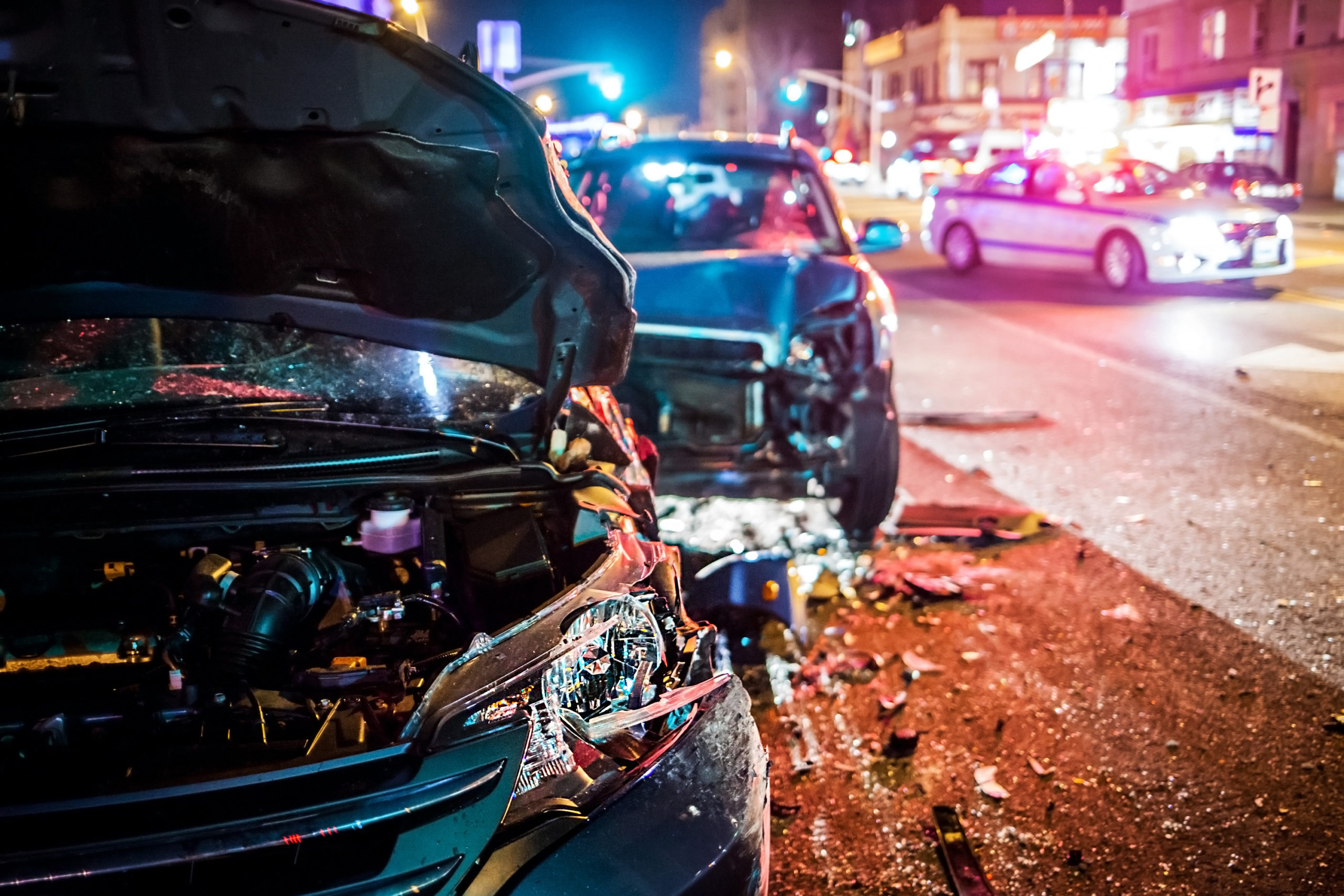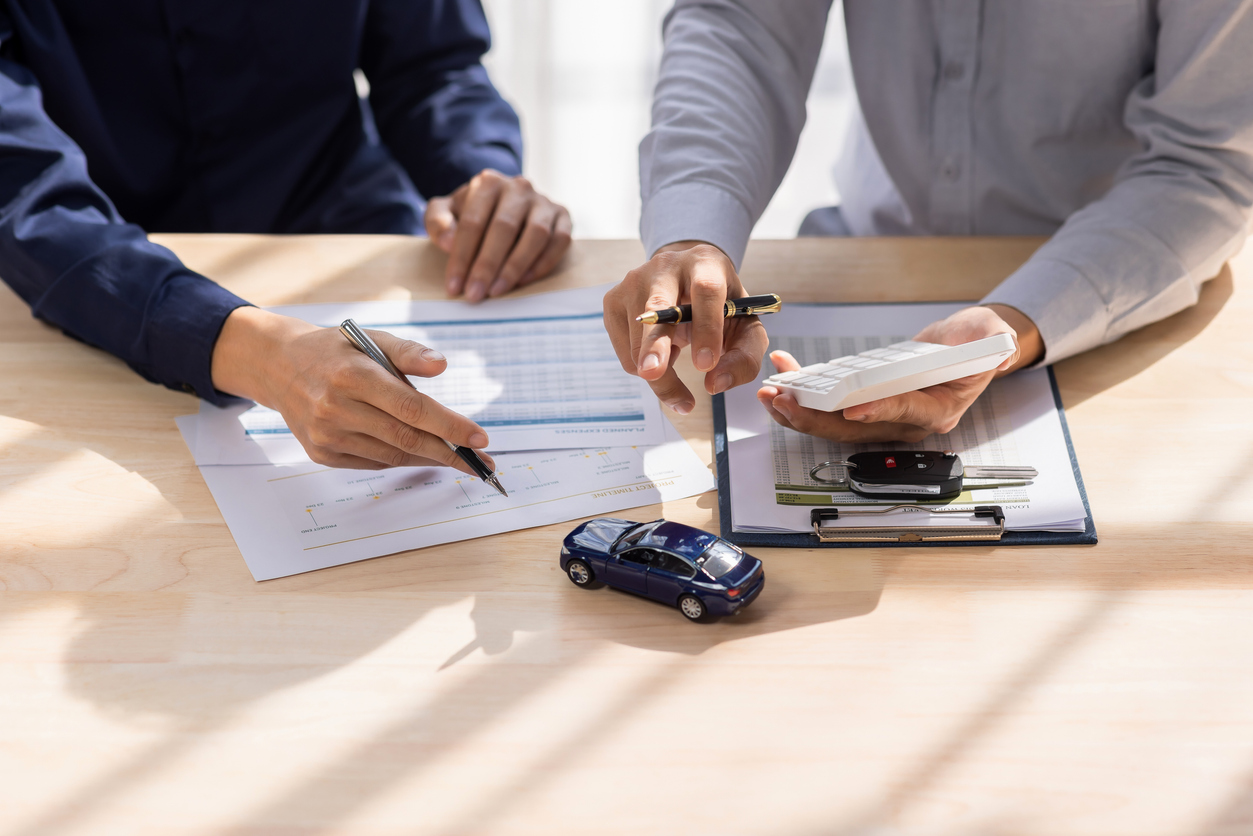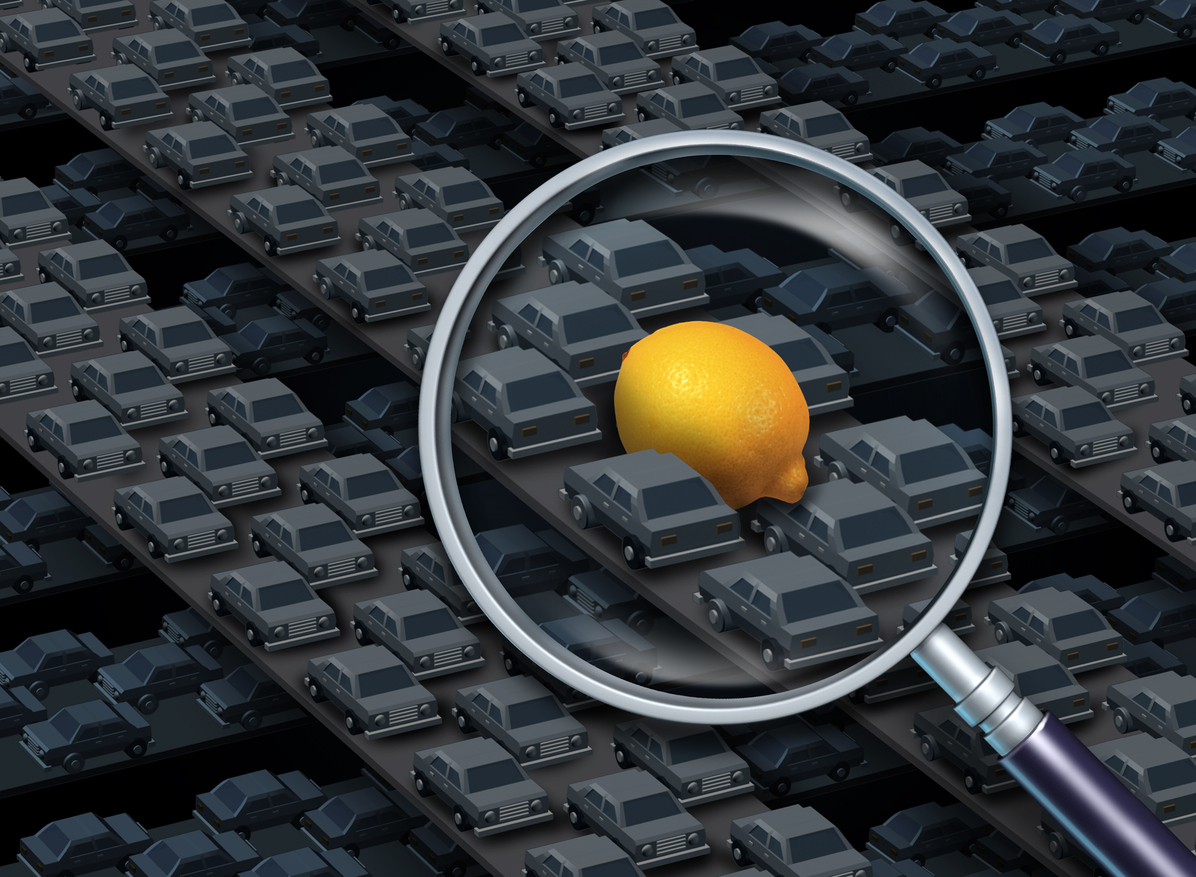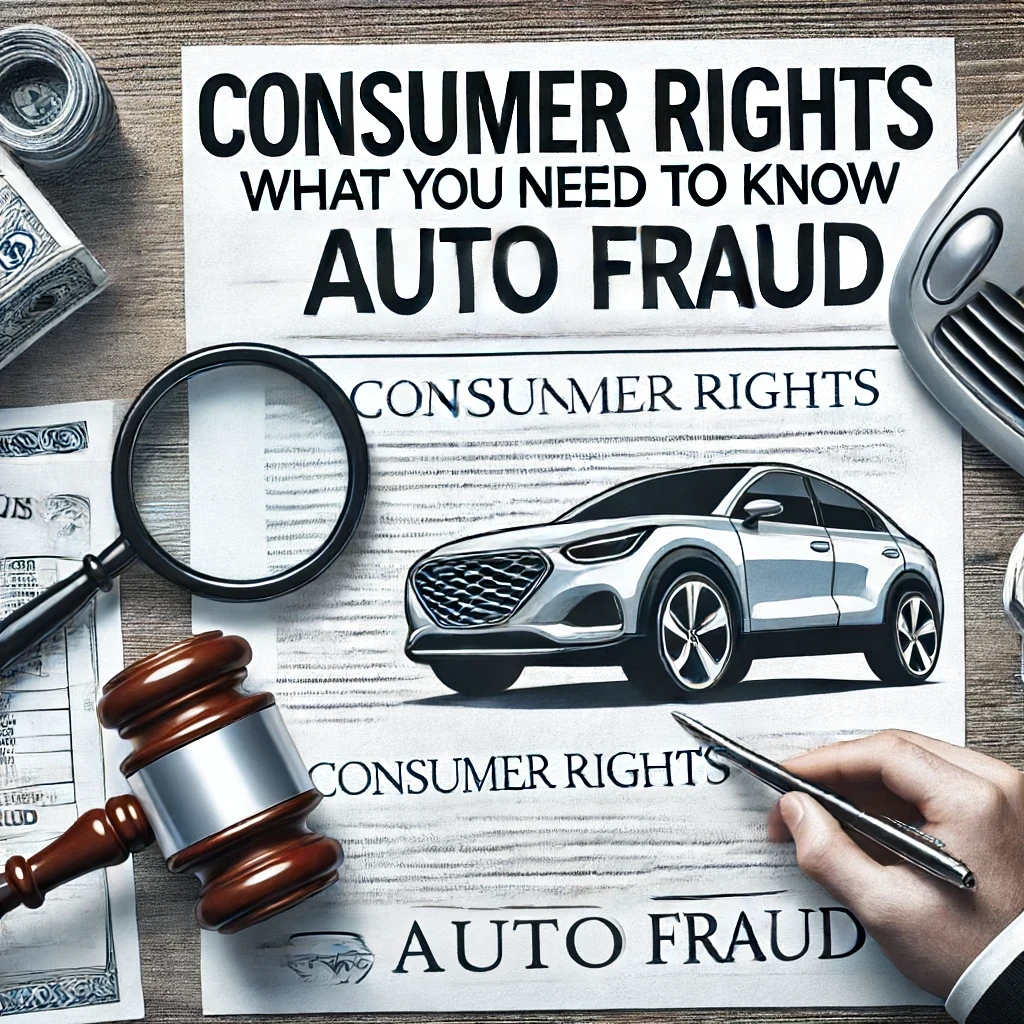With more than six million auto accidents occurring each year in the United States, you would think someone wrote a helpful manual that helps accident victims know what to do after a vehicle crash. Although there might not be a go-to manual that describes how you should react after a car accident, there is enough information out there for us to compile a list that should strengthen your insurance claim.
Slow Down and Pull Your Car Over to Safety
You should never drive away from the scene of an auto accident, even a fender bender that apparently involved no witnesses. The first thing on your to-do list is slowing down and getting your vehicle out of harm’s way.
Prevent More Mayhem
Although there is a guy who enjoys mayhem during memorable insurance commercials, you want to avoid additional mayhem by protecting the scene of the accident. Turn on your flashers and encourage the other drivers to do the same. If anyone has flare stored in the trunk of the car, set the flares away from the accident scene to alert oncoming drivers.
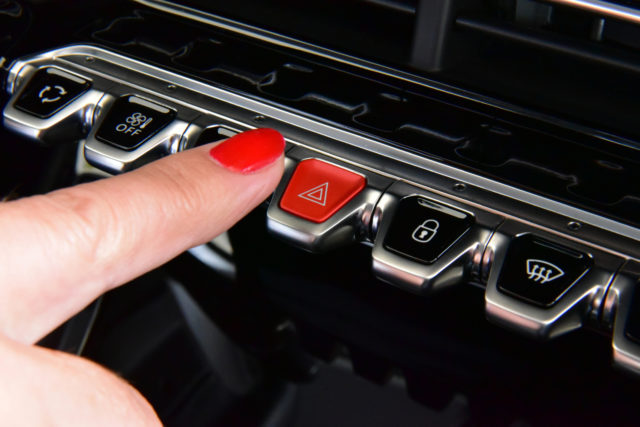
Contact Law Enforcement
Calling the closest police department should bring at least one officer to the scene of the vehicle crash. The official police report is the most persuasive document that insurance companies use to decide claims. You should also ask for a copy of the police report to give to your car accident attorney. A law enforcement officer should facilitate the exchange of personal contact information, as well as the contact information for each insurance company that handles the claims associated with the accident.
Contact Your Insurance Company
Although it is tempting to put off doing things we do not like to do, contacting your insurance company should be high on the list of things to do after a car accident. Many insurance companies want policyholders to follow a series of steps after a car accident, especially when it comes to taking a vehicle in for repair work. Your insurance company might work with a specific auto repair shop for a vehicle damaged by a car accident.
Take Photos of the Accident Scene
With law enforcement and your insurance company informed about the accident, the time has come to collect evidence at the scene. As the most compelling type of evidence, photographs can show your insurer the extent of the damage done to your vehicle. You should capture images of any tire marks, which might indicate whether one or more drivers were speeding or violating another traffic law. Photographs of the accident scene also should demonstrate the weather conditions at the time of the crash.
Interview Witnesses
What you want to do is to speak with witnesses that were not involved in the car accident. The goal is to find out whether more than one witness saw the same thing. Make sure to interview witnesses at the scene of the accident and not over the phone hours after the incident. You want to hear the freshest accounts possible of what happened before, during, and after the car crash. The responding law enforcement officer should interview witnesses as well, but people tend to open up more to non-law enforcement individuals.
Get Medical Care
If you suffered one or more serious injuries, then the game plan for what to do after a car accident goes out the proverbial window. Serious injuries require emergency care at the nearest medical facility. If you feel up to it, you can complete the aforementioned steps. Eventually, you should get checked out by your physician even if you feel in good health. Some injuries such as a concussion do not develop symptoms until hours or days after an accident.
Seek Legal Help
An insurance adjuster who deals with just a policyholder during the claim process is like a wolf in a hen house. You deserve legal representation to boost the chances of getting your car insurance claim approved. An experienced personal injury lawyer reviews your case to determine how to strengthen it. Your lawyer also might decide to file a civil lawsuit against one of the drivers for negligence. Another reason to work with a state-licensed attorney is you should receive recommendations on where to turn for medical help.
Most personal injury lawyers work on a contingency fee basis, which means they get paid when their clients get paid. Schedule a free initial consultation today with a personal injury attorney.

